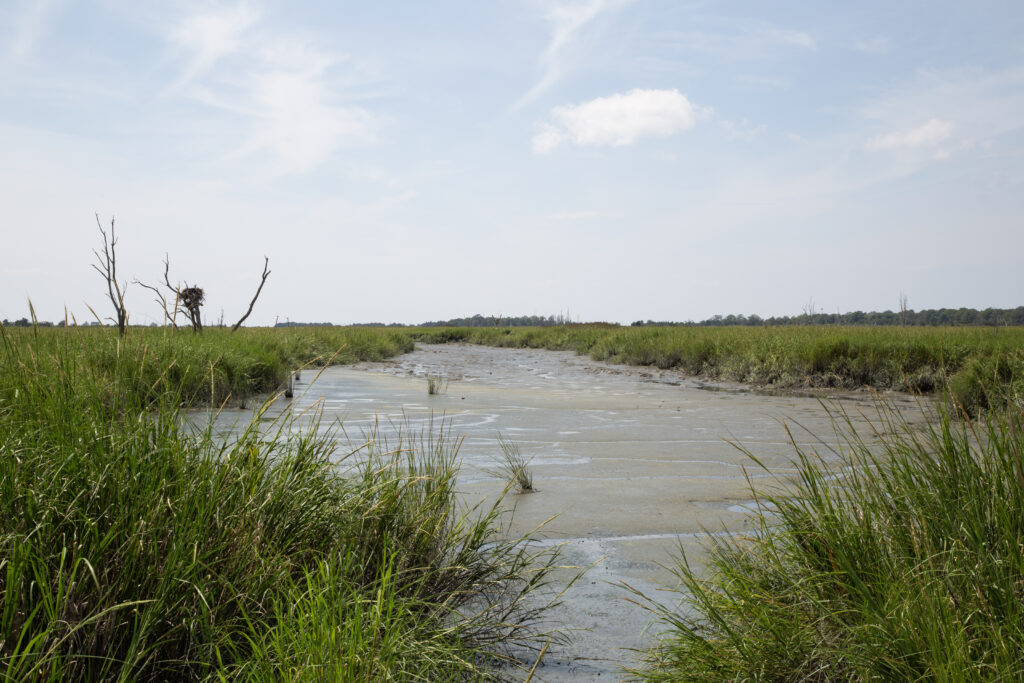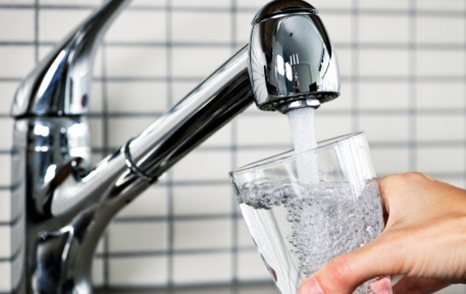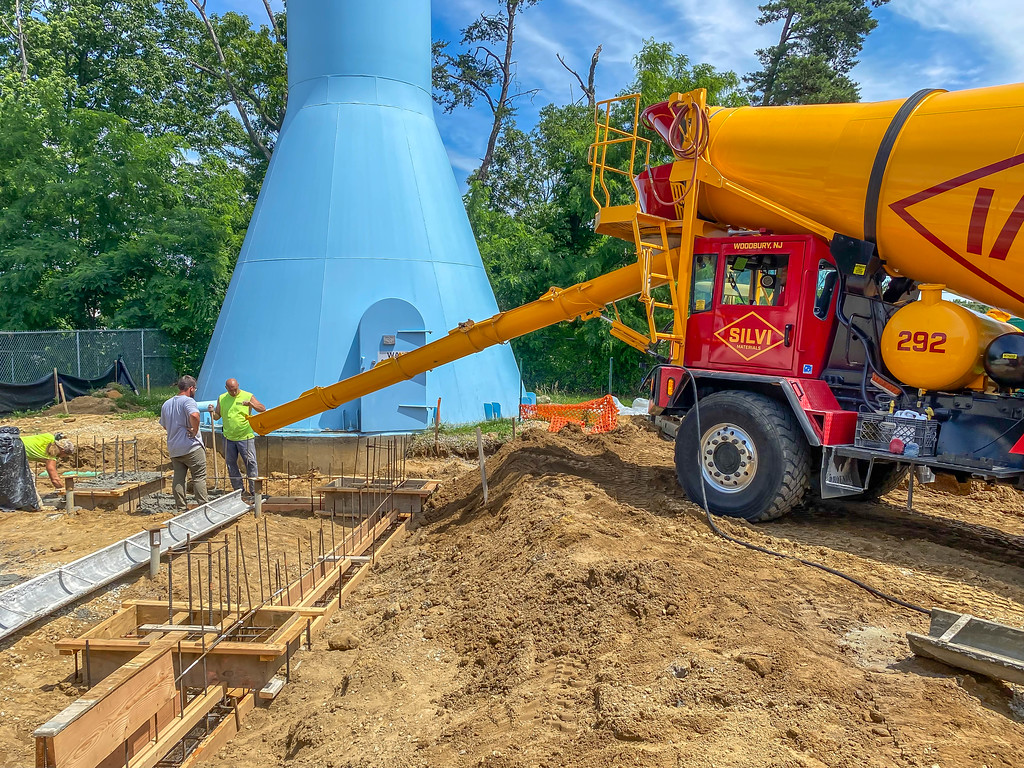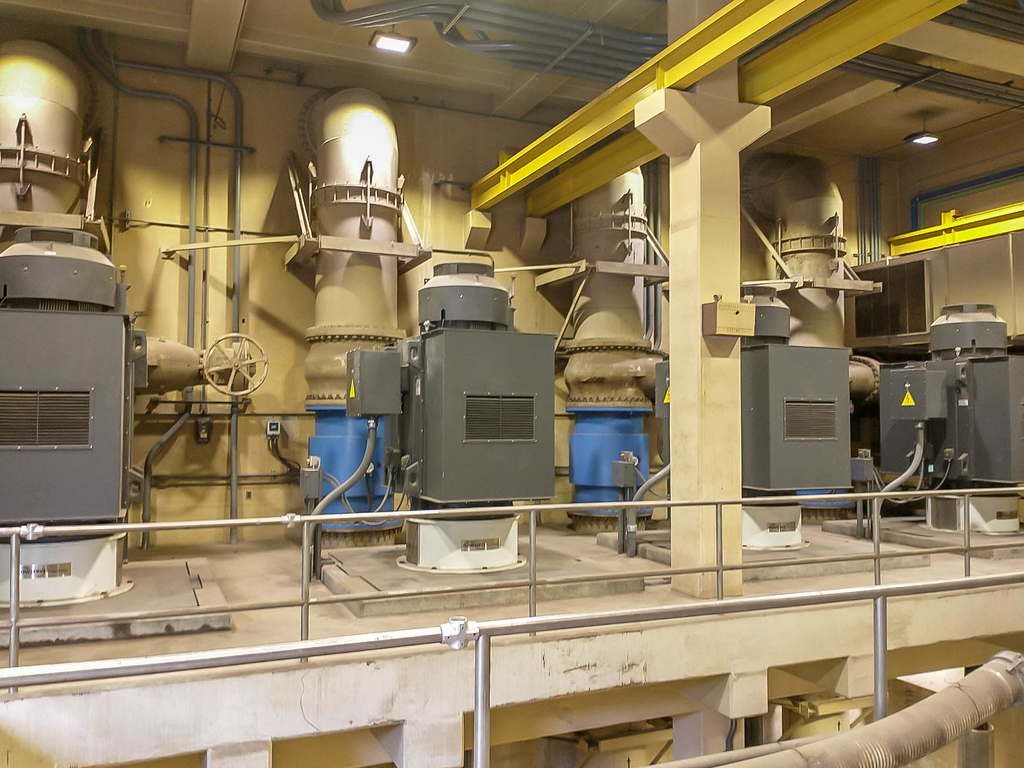Bureau of Water Allocation & Well Permitting
Learn More about the bureau
In 1981 the New Jersey Legislature passed the Water Supply Management Act which established that the Waters of the State belong to the citizens of the State and that through the water allocation regulatory framework, administered by the Water Allocation section, grants privileges to divert which can be revoked if necessary based on negative impacts on other users. This group attempts to balance the diversion of surface and ground water resources during ever changing climate variations to prevent or minimize negative impacts to the Environment and other users.
While the Water Allocation section is the “Guardian and Banker” of New Jersey’s water resources, the Well Permitting section ensures that groundwater is safely withdrawn from beneath the ground surface by ensuring the safe and proper installation of wells. Through its well permitting program and its program to license well drillers and pump installers, all wells must be installed in accordance with the regulations, not just those used for diversions. These include geothermal wells, monitoring wells, soil borings and elevator boreholes.
The Bureau is divided into two sections:
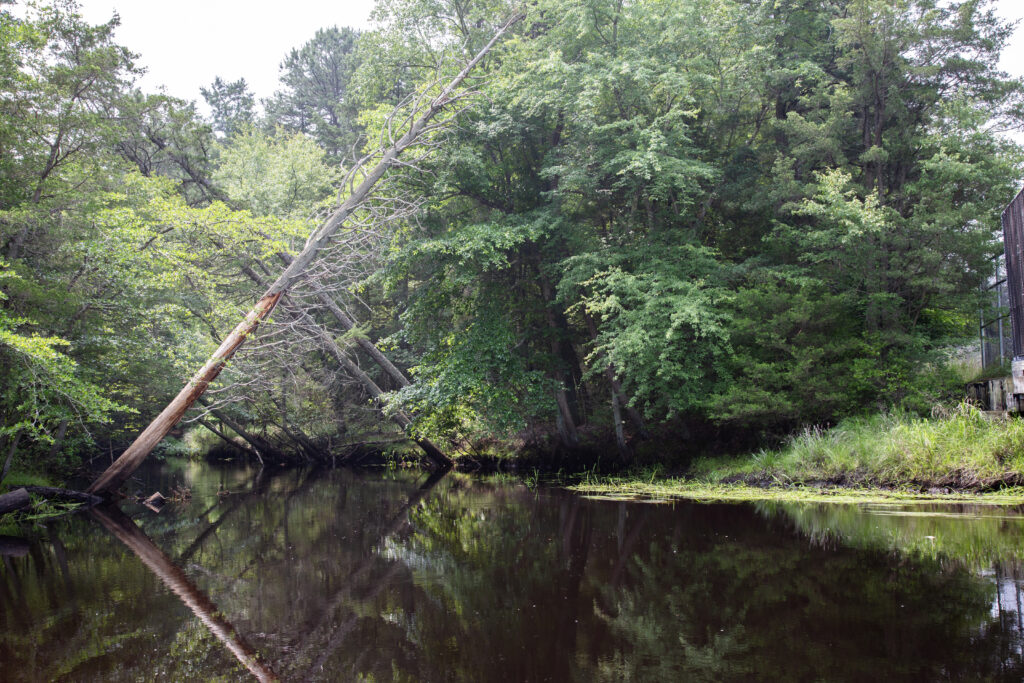
Well Permitting
The Well Permitting Section is primarily responsible for the following: permitting of wells, review of well construction records and well decommissioning reports, licensing of new well drillers and pump installers, and acts as the manager of continuing education points for currently licensed well drillers and pump installers.
Approximately 20,000 new permits to drill wells in New Jersey are issued and tracked per year. Once a well is constructed, the driller is required to submit a well record document, which is the as-built description of the well. Well drillers also submit a well abandonment report whenever a well has been decommissioned.
There are about 600 licensed well drillers and 200 licensed pump installers in New Jersey; only properly licensed individuals are permitted to install, service and decommission wells and pumps. The Subsurface and Percolating Water Act establishes the State Well Drillers and Pump Installers Examining and Advisory Board, whose members provide advice to the Department on exam questions, license status and technical issues. All meetings of the Board are open to the public.
Water Allocation
All of the available freshwater in New Jersey is found in surface waters like rivers and streams, and below the ground surface. The Water Allocation section, in conjunction with the Bureau of Water Resources & Geoscience which studies, evaluates and delineates these freshwater resources and potential impacts of the diversion of groundwater and surface water, processes applications for drinking water, agricultural, industrial and many other uses to ensure these diversions will not impact the sustainability of water resources. With every application, the program addresses the following issues with every review:
- Location and volume of the proposed diversion and water availability
- Potential salt water intrusion impacts
- Ground water diversion potential impacts on surface water bodies
- Passing Flow requirements –7Q10 vs low flow margin
- Potential negative impacts on aquatic life downstream
- Diversions upstream of NJPDES outfall which could reduce wastewater dilution
- Diversions upstream of reservoirs which could reduce safe yield of purveyors
- Varied interests competing for a limited resource
- Public interest and outreach
- Evaluation of the public resource used for a private interest (golf courses, irrigation vs potable drinking water, etc.)
